Sri Lanka, the pearl of the Indian Ocean, is a land of incredible biodiversity, from mist-covered mountains to vibrant coral reefs. For the conscious traveler, this island offers a treasure trove of green adventures. Moreover, its diverse ecosystems make every journey rewarding. The rise of eco-tourism in Sri Lanka invites you to explore its natural wonders responsibly, ensuring that the beauty you witness today remains for generations to come. This guide will walk you through some of the most breathtaking eco-friendly destinations, with a special focus on the magnificent Pigeon Island Marine Park.
Dive into Paradise: Pigeon Island Marine Park
Just a short boat ride from the shores of Nilaveli beach in the Trincomalee district, you’ll find Pigeon Island, one of Sri Lanka’s two marine national parks. Named after the Rock Pigeons that have colonized it, this pristine sanctuary is a haven for snorkelers and divers.
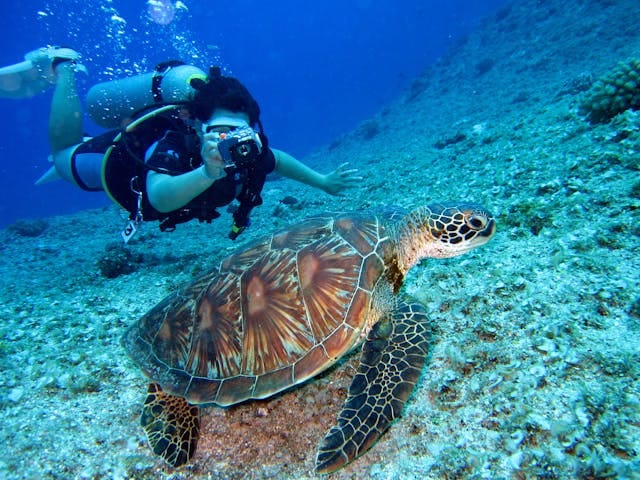
So, what makes Pigeon Island a cornerstone of sustainable travel in Sri Lanka?
- Vibrant Coral Reefs: The park boasts some of the best-preserved coral reefs in the country, teeming with hundreds of species of corals and reef fish. Floating in the clear, turquoise waters, you’ll feel like you’ve been transported into a living aquarium.
- Marine Life Encounters: Beyond the dazzling fish, Pigeon Island is a frequent haunt for juvenile and adult Blacktip Reef Sharks and various sea turtles, including the Green Turtle and the Olive Ridley. These encounters are not only thrilling, but more importantly, they highlight the importance of marine conservation.
- Conservation Efforts: In fact, visiting the park contributes directly to its preservation. The entrance fees help fund the protection of this delicate ecosystem, ensuring that it remains a sanctuary for marine life.
A trip to Pigeon Island is more than just a day at the beach; it’s an immersive experience that perfectly captures the spirit of eco-tourism.
Your Practical Guide to Visiting Pigeon Island & Trincomalee
To make your trip seamless, here are the essential details you need to know.
Getting to Pigeon Island
To begin your visit, the only way to reach Pigeon Island is by a 10-15 minute boat ride from Nilaveli Beach. You’ll find numerous official boat service providers along the beach, easily identifiable by their life jackets and registered boats.
Park Hours & Estimated Costs
- Opening Hours: Pigeon Island National Park is typically open daily from 8:00 AM to 4:00 PM.
- Boat Travel: A return boat trip usually costs between $20 – $40 per boat (seats up to 6 people). Alternatively, sharing a boat with other travelers is a great way to reduce the cost.
- Entrance Tickets: The park entrance fee for foreign adults is approximately $50 USD.
- Snorkeling Gear: If you don’t have your own, you can rent snorkeling gear (mask, snorkel, and fins) from vendors on Nilaveli beach for about $30 – $50 per person. Many boat operators can also arrange this for you.
(Note: Prices are approximate and can change based on the season and provider. It’s always a good idea to confirm before you go. Hopscotch Travels can help you with that )
Getting to Trincomalee
Trincomalee is the main hub for accessing Pigeon Island. Here’s how far it is from other key tourist spots:
- From Colombo: The journey is approximately 260-270 km, which can take 5-6 hours by private vehicle.
- From Sigiriya/Dambulla: In contrast, it’s a much shorter trip of about 90-100 km, typically taking around 2 hours by car, making it an easy addition to a Cultural Triangle tour.
Beyond the Reef: More Trincomalee Adventures
While Pigeon Island is a major draw, meanwhile, the Trincomalee area offers a wealth of other attractions.
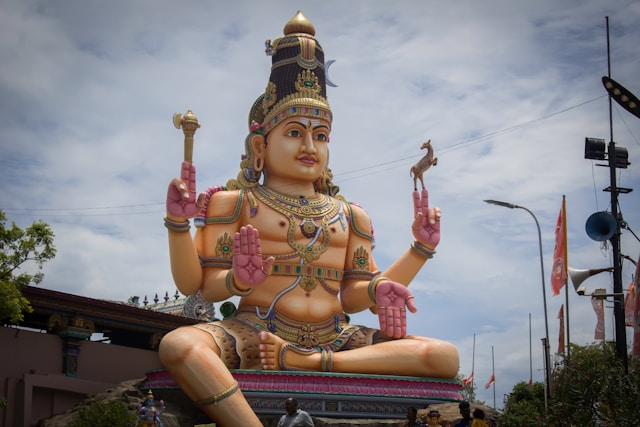
- Koneswaram Temple: Perched dramatically on a cliff inside Fort Frederick, this vibrant Hindu temple offers breathtaking ocean views and a rich history.
- Fort Frederick: Explore the historic ramparts of this Dutch-built fort, still in use by the Sri Lankan military but open to visitors. You might even spot some friendly deer roaming the grounds.
- Whale Watching: From May to October, the waters off Trincomalee are one of the best places in the world to spot Blue Whales and Sperm Whales.
Where to Stay: Luxury Hotels in Trincomalee
Following your island adventure, unwind in comfort. Here are some of our top recommendations for luxury stays in the area:
- Uga Jungle Beach: Offers a unique blend of luxury and nature with chalets nestled between the jungle and the beach.
- Anilana Nilaveli: A stylish and modern hotel located right on the pristine sands of Nilaveli beach, offering direct access to the sea.
- Trinco Blu by Cinnamon: A vibrant, retro-chic resort with excellent facilities and stunning ocean views.
- Amaranthe Bay Resort & Spa: Situated by the river, this resort offers a tranquil escape with spacious rooms and a beautiful pool area.
More Sri Lanka Nature Tours
However, the journey into Sri Lanka’s wild heart doesn’t end in Trincomalee. The country is dotted with national parks that offer a variety of ethical wildlife experiences.
- Yala National Park: Famous for its high density of leopards, a safari in Yala is an unforgettable adventure. Ethical tour operators ensure the animals’ well-being is the top priority.
- Udawalawe National Park: If you’re an elephant lover, Udawalawe is the place to be, where large herds roam free.
- Sinharaja Forest Reserve: A UNESCO World Heritage Site, this virgin rainforest is a biodiversity hotspot perfect for trekking with a knowledgeable guide.
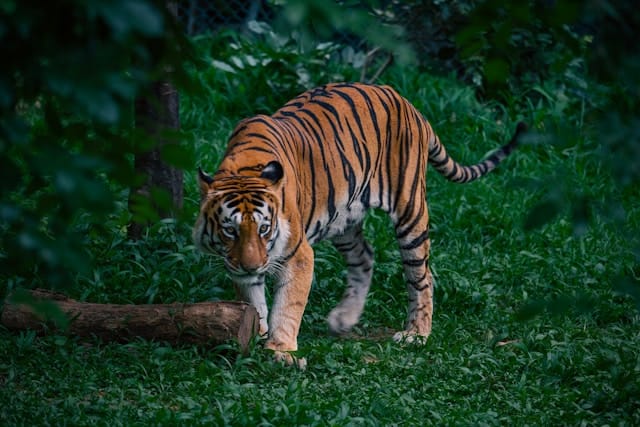
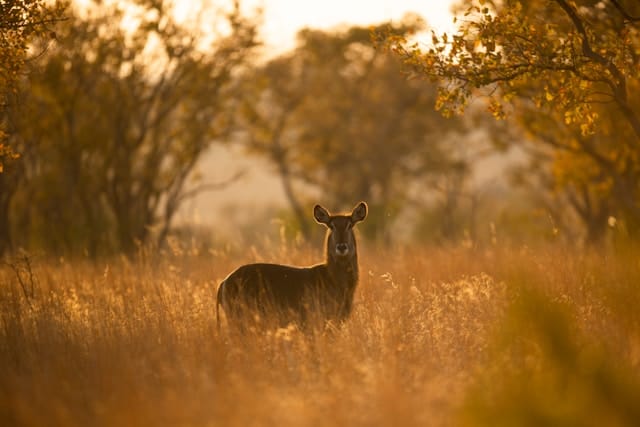
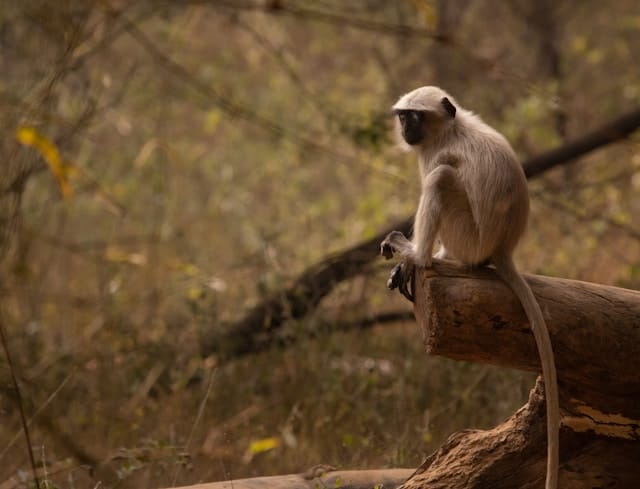
How to Practice Sustainable Travel in Sri Lanka
Embracing eco-tourism is about making conscious choices. Here are a few tips:
- Firstly, choose Eco-Friendly Accommodations: Many hotels in Sri Lanka now adopt green practices like using renewable energy and conserving water.
- Respect Wildlife: Always maintain a safe distance from animals and never feed them.
- Reduce Your Footprint: Minimize your use of plastic, carry a reusable water bottle, and properly dispose of your waste.
- Support Local Communities: Buy local handicrafts, eat at local restaurants, and hire local guides to ensure your tourism dollars directly benefit the people you meet.
Sri Lanka offers a unique opportunity to connect with nature in a profound and meaningful way. By choosing eco-tourism in Sri Lanka, you are not just a visitor but a guardian of this island’s precious natural heritage.
Ready to embark on your own green adventure? At Hopscotch Travels, we specialize in creating personalized Sri Lanka nature tours that are both breathtaking and responsible. Contact us today to plan your unforgettable journey!


